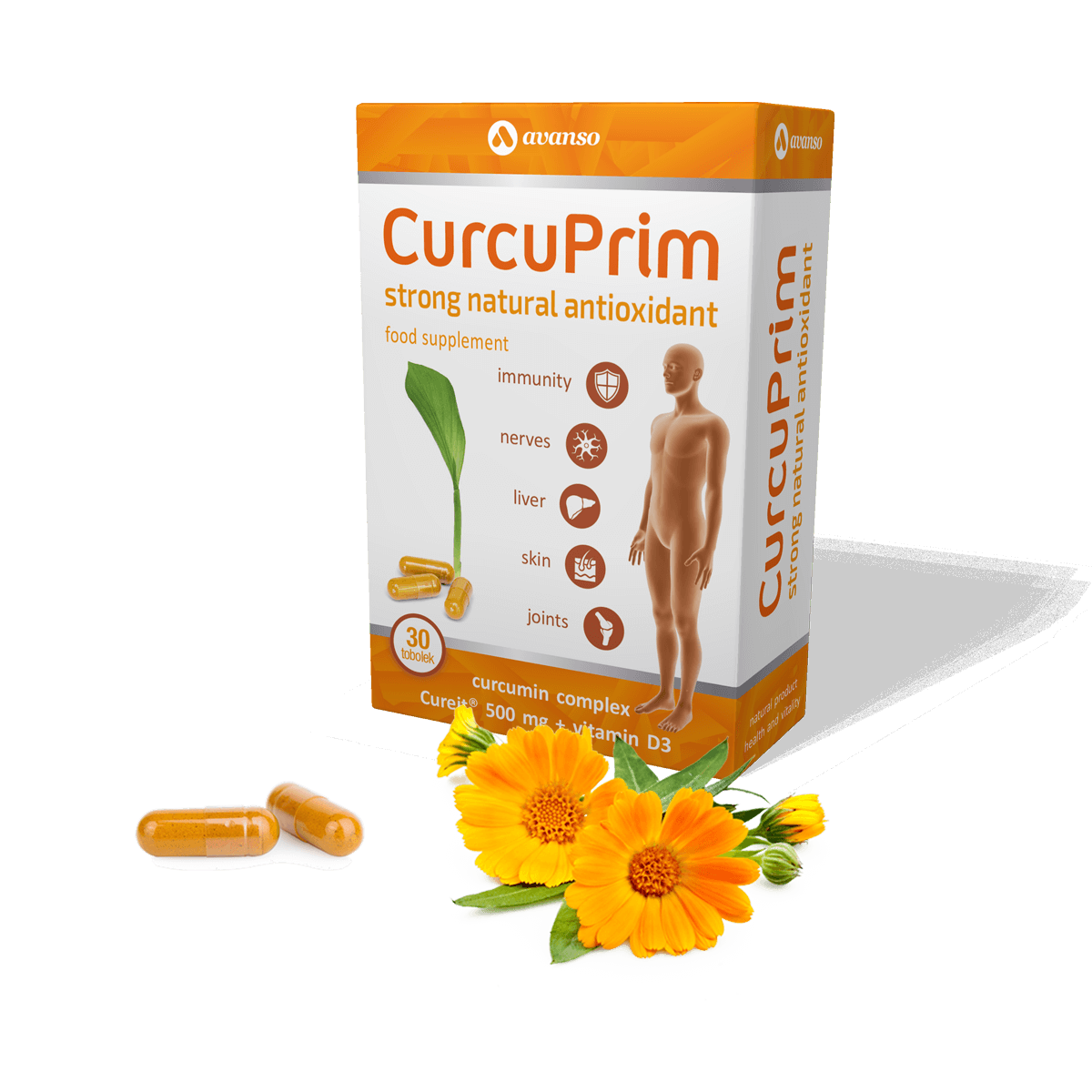Cardiovascular health

Studies show that curcumin has very positive effects on the cardiovascular health and can prevent heart disease. Perhaps the main benefit of curcumin when it comes to heart disease, is improving the function of the endothelium, which is the lining of the blood vessels. It is well known that endothelial dysfunction is a major driver of heart disease and involves an inability of the endothelium to regulate blood pressure, blood clotting and various other factors.
Curcumin is beneficial to our cardiovascular system and helps in the health of the heart. Curcumin can lower blood cholesterol levels, eliminate arrhythmia, prevent cardiac hypertrophy and maintain good heart condition. The antioxidant and anti-inflammatory properties of curcumin help protect the heart while supporting the natural health of the entire cardiovascular system.
The antioxidant and anti-inflammatory properties of curcumin help protect the heart while supporting the natural health of the entire cardiovascular system.

Research has shown that turmeric can reduce cholesterol levels in blood, eliminating its deposition on the vascular walls. High cholesterol levels can lead to a whole range of health problems. Maintaining proper cholesterol levels can prevent many cardiovascular diseases. With regular use of turmeric, there is a significant decrease in LDL cholesterol, which affects cardiovascular disease. Conversely, HDL cholesterol levels increase. Changing the ratio of these cholesterol levels in the blood leads to an improvement in the cardiovascular system.
Narrowing and hardening of the arteries is one of the leading causes of heart disease. As the arteries become clotted, blood flow becomes dangerously low. Tissue factor (TF) expresses the level of protein that begins the sequence of blood coagulation. It is one of the reasons for blocked artheries. Normally, there is no TF in endothelial cells that make up blood vessel walls, but inflammation can change that and induce the protein to act where it otherwise would not. Some of the first researches on curcumin showed that it inhibits TF, and because of this, and its other anti-inflammatory and antioxidant properties, curcumin may provide a much safer route toward preventing clogged arteries



